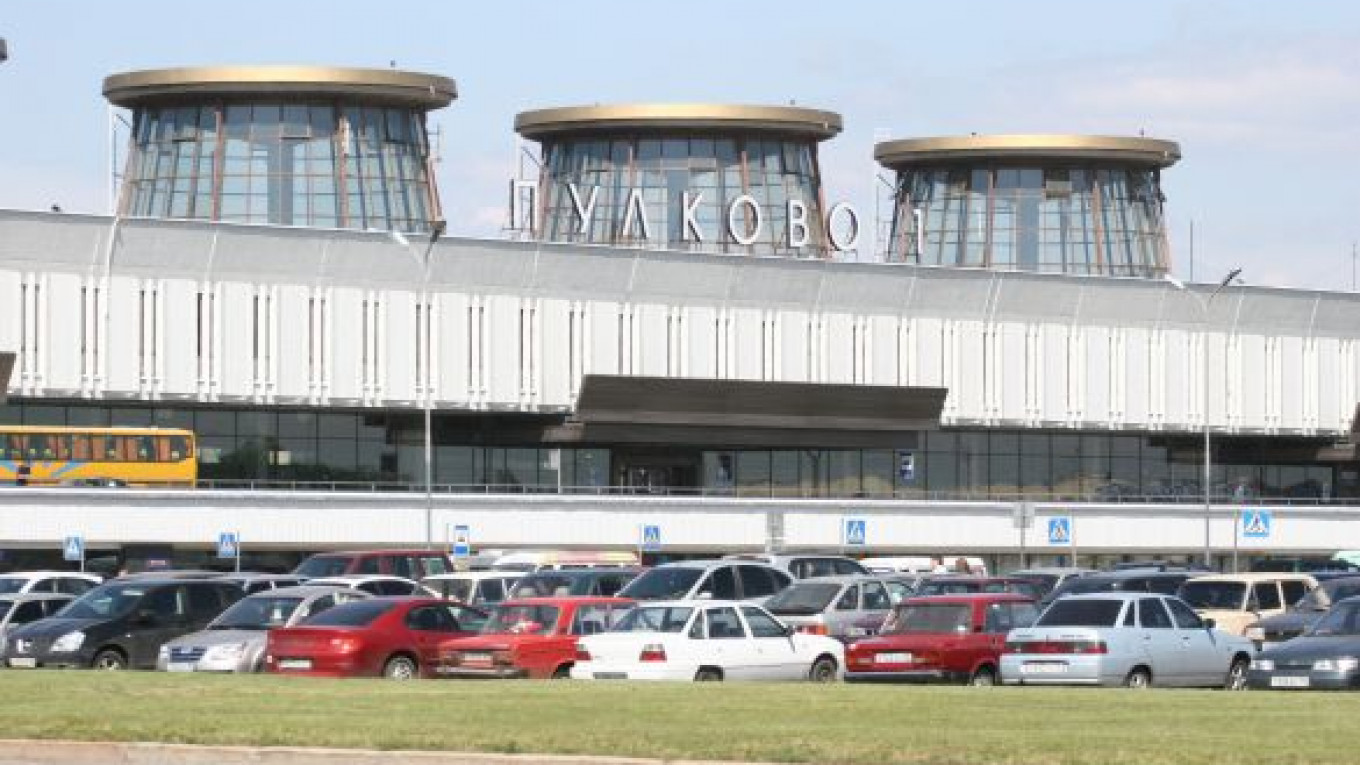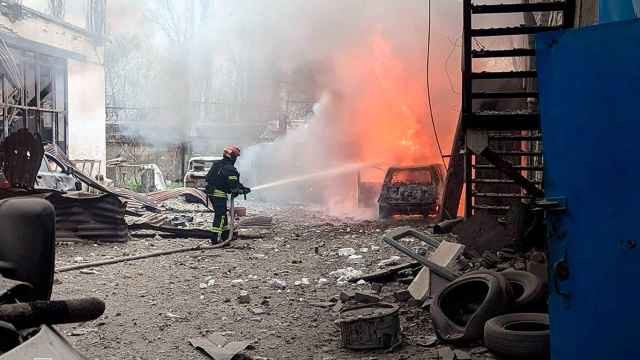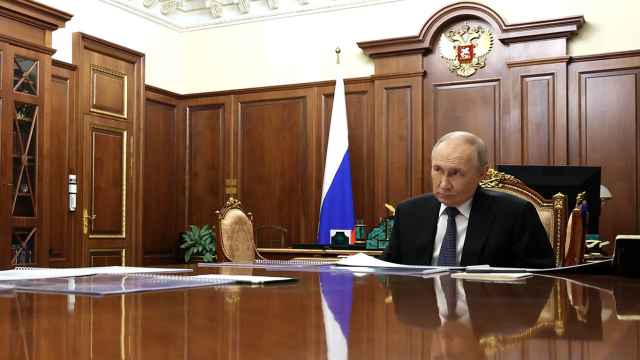Pulkovo Airport in St. Petersburg is financing its expansion at almost twice the average cost for similar projects in emerging markets through the country’s first syndicated loan for a public-private partnership.
Banks including UniCredit of Milan and Standard Bank Group of Johannesburg are demanding interest of 425 basis points to 475 basis points more than the euro interbank offered rate for the 12-year, 200 million euro ($260 million) loan to Northern Capital Gateway, the group operating Pulkovo that includes VTB Capital, according to two people with direct knowledge of the deal. Syndicated project-finance loans in developing markets during the past year charged average interest of 265 basis points, or 2.65 percentage points, more than benchmark rates, according to data compiled by Bloomberg.
“The perception of Russia remains less optimistic, which explains the higher pricing,” said Florence Bachelard-Bakal, operations leader for the European Bank of Reconstruction and Development in London, which is co-arranging the loan with the World Bank’s International Finance Corporation.
The Pulkovo project, a partnership between the VTB-led group and the government of St. Petersburg, is the first deal of its kind to obtain financing without the backing of Russia’s federal government, which is paring infrastructure-spending plans to reduce the second annual budget deficit since 1999. Banks are demanding higher interest spreads because they lack confidence in Russian laws governing the project, said Laura Brank, a partner at law firm Dechert in Moscow.
The group managing the 1.2 billion euro Pulkovo project got more than 700 million euros of its financing from long-term debt with no government grants or subsidies, according to VTB Capital. “It was crucial for us to prove that infrastructure projects in Russia can be financed without government support,” Oleg Pankratov, co-head of global banking at VTB Capital, said in an e-mailed response to questions. “We are certain that the success of the Pulkovo project will pave the way for commercial long-term debt financing for other infrastructure projects in Russia.”
The syndicate of eight banks providing the 200 million euro loan, which also includes Stockholm-based Nordea Bank, will get a commitment fee of 150 basis points and upfront fees of 225 to 280, depending on the amount they agreed to lend, said one of the people, who declined to be identified because terms are private.
The project is the first public-private partnership in Russia to attract funding from international commercial banks, according to the EBRD.
“There is a country-specific risk premium involved,” said Damian Secen, head of Russia and the Commonwealth of Independent States for Macquarie Capital in Moscow. At the same time, “it’s a very positive deal; these are very credible lenders and some are newcomers to this market,” he said.
The yield on ruble bonds sold by state-controlled gas producer Gazprom is 226 basis points above the same-maturity Gazprom debt in dollars, down from a yield difference of about 600 a year ago, data compiled by Bloomberg show. The spread narrowed to as little as 115 on June 14.
Russia’s budget deficit was 5.9 percent of gross domestic product last year as the economy shrank 7.9 percent, the most since the Soviet Union collapsed in 1991. Prime Minister Vladimir Putin said this month that the budget gap may narrow to 5 percent of GDP this year. The economy grew 2.9 percent in the first quarter from a year earlier.
Government spending on transportation in Russia will fall to 1.9 percent of GDP this year from the “already low level” of 2.5 percent in 2009, the World Bank said in a report published June 16.
Polish Energy Partners, a Warsaw-based renewable energy developer, raised 151.63 million zloty ($49 million) through one of its units in June to finance the construction of the Modlikowice wind-farm project. The company will pay 375 basis points over the Warsaw interbank rate for the loan due 2026, according to data compiled by Bloomberg.
Reliance Industries, India’s largest company by market value, agreed July 9 to pay 340 basis points over the London interbank offered rate for a $500 million loan due 2015 to fund company projects, data compiled by Bloomberg show.
Russia is the world’s 20th riskiest place to do business, according to Maplecroft, an England-based risk-management adviser. The firm’s study of 172 countries ranks respect for the rule of law, property rights, access to the legal system, corruption, corporate governance and regulatory frameworks. India was the 59th riskiest and Poland was ranked 124th.
“Commercial banks are scared of the lack of corporate governance framework,” said Dechert’s Brank. For the Pulkovo deal, “the involvement of the EBRD and IFC mitigates concern,” she said.
A Message from The Moscow Times:
Dear readers,
We are facing unprecedented challenges. Russia's Prosecutor General's Office has designated The Moscow Times as an "undesirable" organization, criminalizing our work and putting our staff at risk of prosecution. This follows our earlier unjust labeling as a "foreign agent."
These actions are direct attempts to silence independent journalism in Russia. The authorities claim our work "discredits the decisions of the Russian leadership." We see things differently: we strive to provide accurate, unbiased reporting on Russia.
We, the journalists of The Moscow Times, refuse to be silenced. But to continue our work, we need your help.
Your support, no matter how small, makes a world of difference. If you can, please support us monthly starting from just $2. It's quick to set up, and every contribution makes a significant impact.
By supporting The Moscow Times, you're defending open, independent journalism in the face of repression. Thank you for standing with us.
Remind me later.






